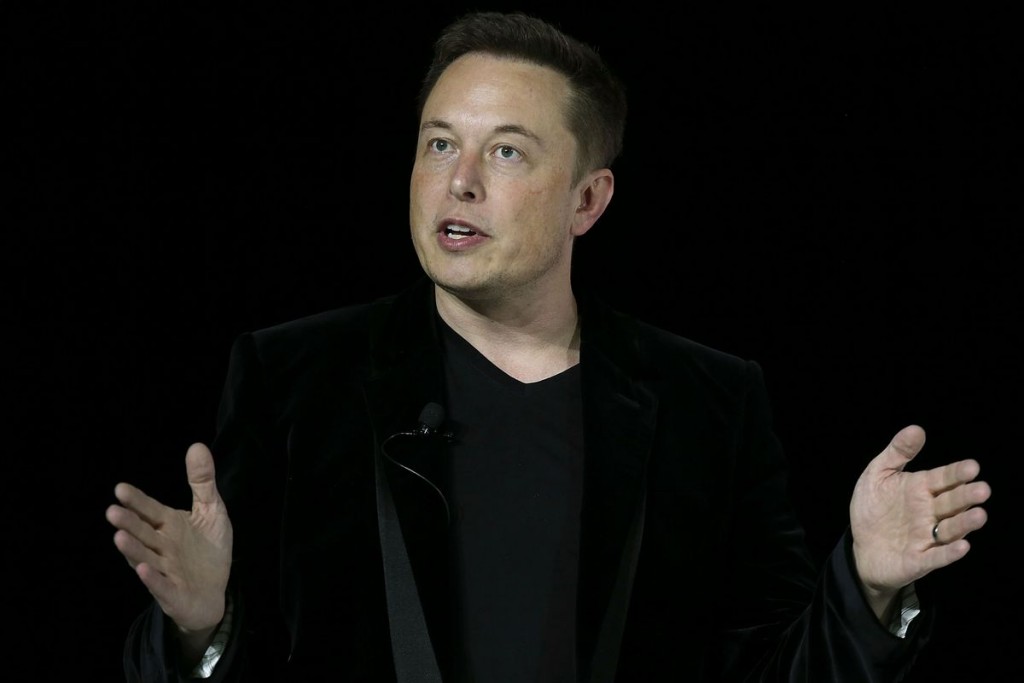If you thought Elon Musk was already working on enough world-changing ideas, he’s just added another one to the list.
Musk has launched Neuralink Corp, a startup working on what he calls “neural lace” technology. The idea, in true Muskian fashion sounds outlandish – Neuralink will work on implanting tiny brain electrodes into people’s heads that will one day upload and download thoughts.

But Musk has often worked on seemingly impossible ideas, and brought them to fruition – SpaceX is regularly sending rockets to space and successfully bringing them back, and Tesla is now on the verge of producing affordable electric cars. Even Hyperloop, Musk’s idea of flinging people across large distances in pressurized pods, is making rapid strides – some companies have already begun talks with the Indian government.
Neuralink, arguably, sounds more fantastical than any of his other startups. The company is reportedly in an “embryonic stage”, and Musk will play a significant leadership role in its running. Musk has personally been working on its development. “Making progress (on Neuralink),” he’d tweeted back in August last year. “Maybe something to announce in a few months,” he’d said.
While details of Musk’s plans are sparse, what he’s proposing is a ““direct cortical interface”—essentially a layer of artificial intelligence inside the brain that could enable humans to reach higher levels of function. The company’s first products could be advanced implants to treat intractable brain disorders like epilepsy or major depression. Neurolink then plans to work on more complex functions, such as improving human cognition.
And its plans seem to be already underway – the company has already hired leading academics in the field, including Vanessa Tolosa, an engineer at the Lawrence Livermore National Laboratory and an expert in flexible electrodes; Philip Sabes, a professor at the University of California in San Francisco, who studies how the brain controls movement; and Timothy Gardner, a professor at Boston University who is known for implanting tiny electrodes in the brains of finches to study how the birds sing.
Musk’s foray into improving human brains isn’t entirely unexpected – he has previously been vocal about the threats humanity faces from AI. “Humans must merge with machines or become irrelevant in AI age,” he’d said in a conference last month. “Over time I think we will probably see a closer merger of biological intelligence and digital intelligence,” he’d predicted, in what now looks like a possible hint of his Neuralink launch.
Musk’s arguments about AI taking over are persuasive – he says that computers can communicate at a rate of a trillion bits per second, but humans through means such as typing or talking, can communicate at only 10 bits per second. He says this bottleneck needs to be resolved for humans to still be a meaningful species once AI becomes smarter. And Neuralink seems to be attempting to do exactly that – create a link between the human brain and the real world that’ll augment the brain own capabilities.
There are, of course, several things that can go wrong. The technology, for one, is completely unproven, and could be many years away from becoming viable. Implanting electrodes into brains could require surgery and complex governmental approvals; and also raise ethical and moral questions of what it means to be a human – would someone with chips in their heads be allowed to sit for exams, for instance, or would they be held responsible for the crimes they commit? Then there’s also the more practical considerations of time – Musk already runs SpaceX and Tesla, two high tech companies, and it would be hard for him to devote himself entirely to his new project. Musk seems to recognize this, but is ploughing ahead anyway. “Difficult to dedicate the time, but existential risk is too high not to,” he just tweeted.